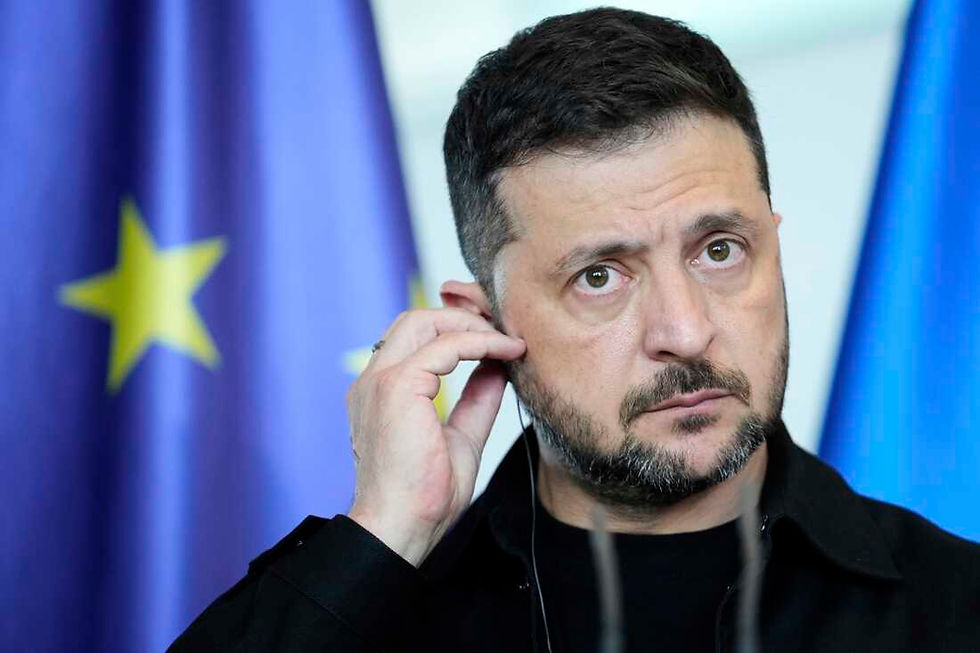What are the reasons behind ISIS's attack in Moscow?
- Sakshi Yadav
- Mar 23, 2024
- 1 min read

In a harrowing turn of events, ISIS-K has struck in Russia, marking what experts describe as a significant escalation in the group's activities. According to reports from Reuters, the attack unfolded on Friday, sending shockwaves across the region.
The assault underscores the mounting opposition ISIS-K harbors against Russian President Vladimir Putin, a sentiment that has intensified in recent years. This animosity stems partly from Putin's pivotal intervention in the Syrian civil war in 2015. Back then, Russia threw its weight behind President Bashar al-Assad, effectively altering the conflict's dynamics by confronting both opposition forces and the Islamic State.
Notably, ISIS-K, short for Islamic State Khorasan, draws its name from an ancient term referring to a region encompassing parts of Iran, Turkmenistan, and Afghanistan. The group emerged in eastern Afghanistan in late 2014, swiftly gaining notoriety for its unparalleled brutality, as outlined by Reuters.
Moreover, ISIS's influence extends beyond Afghanistan. A Caucasus branch of the terrorist organization also operates, adding another layer of complexity to the region's security landscape.
The broader Islamic State network has claimed responsibility for deadly attacks spanning various continents, including the Middle East, Afghanistan, Pakistan, Iran, Europe, the Philippines, and Sri Lanka. Such global reach underscores the pervasive threat posed by extremist ideologies and the challenges faced by counter-terrorism efforts worldwide.









Comments